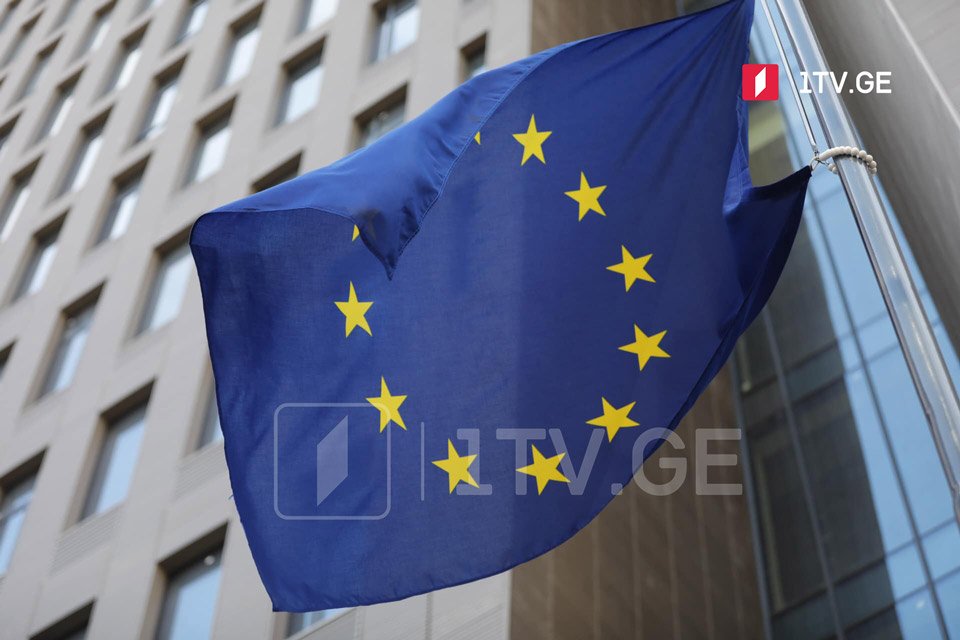EU NEIGHBOURS EAST: Latest opinion poll shows most Georgians feel relations with EU to be good
According to the latest opinion poll, most Georgians feel relations with the EU are good, according to latest opinion poll, reads information published by a website created within the EU-funded EU NEIGHBOURS EAST Programme.
According to information, an overwhelming majority of Georgians (84%) feel their country has good relations with the European Union, according to the 2023 annual opinion poll in Georgia, nine points more than in 2016, when the surveys began.
“Awareness of the EU’s financial support for Georgia has also risen dramatically, standing at 82% this year compared to just 60% in 2016.
The EU continues to be the most trusted international institution among Georgians, trusted by 78% of respondents (a 12 percentage point increase on 2016). A majority (54%) of Georgians have a positive image of the EU. While 82% said they were aware of the EU’s financial support, 46% would welcome even more support in the areas of economic development and trade.
Key findings for Georgia below, and in the attached Fact Sheet:
EU continues to be the most trusted foreign institution (78%).
Great majority of citizens positively acknowledge the relationship with the EU (84%).
82% are aware of the EU’s financial support to the country and the EU is considered one of the highest financial contributors (68%).
If a referendum about Georgia’s membership of the EU was held (at the time of field work, February 2023), most citizens would vote in favour (74%).
Media sources convey a positive (53%) or neutral (32%) image of the EU.
Economic development and trade (46%), education (40%) and security (47%) are the areas where more support would be welcomed,” it reads.
The EU-funded EU NEIGHBOURS EAST Programme has conducted the 2023 opinion poll in the six countries of the Eastern Neighbourhood – Armenia, Azerbaijan, Belarus, Georgia, the Republic of Moldova and Ukraine. The survey (field work) in Georgia took place in February 2023 and was based on face-to-face interviews among a representative sample of 1,000 people across the country. The annual surveys are now into their eighth year, with the first wave having been carried out in 2016. The results from the six Eastern partner countries are presented in national reports

